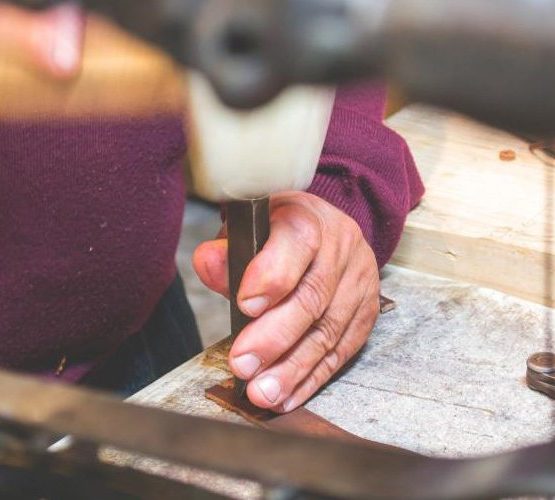What Is A BTEC?
BTEC stands for the Business and Technology Education Council. A BTEC is a qualification that’s based on practical study rather than academic study. Let’s bust one myth before we go any further – BTECs don’t have to be an alternative to GCSEs and/or A-levels. In fact, you can do them alongside your GCSEs and/or A-levels, or you can do a standalone BTEC at college or university. A BTEC is a vocational qualification, which means that it has a career focuse and is grounded in the world of work. BTEC students study to gain skills and knowledge in their subject area, then put those skills into practice in real-life scenarios. BTECs have been around since the 1980s but there’s a chance you might still be confused about them, so let’s take a closer look at what they are!

With both BTECS and GCSE/A levels, you will gain a certificate and qualification that will enable you to impress work employers or do further study at college or university.
A key difference is that a BTEC provides a way to learn through practical work as well as study, while an A level course structure typically involves more written work and exams.
BTECs are also different to A-levels in that you can get varying BTECs and some are equivalent to GCSEs, depending on the level you do.
BTEC levels breakdown:
BTEC levels 1-2 – GCSE equivalent
BTEC level 3 – A level equivalent
BTEC levels 4-7 – Degree equivalent
BTEC levels breakdown:
BTEC levels 1-2 – GCSE equivalent
BTEC level 3 – A level equivalent
BTEC levels 4-7 – Degree equivalent
Can You Do BTECs And GCSE At The Same Time?
BTECs are a flexible option, so you can choose to study a BTEC alongside academic qualifications like GCSEs. You can also study BTECs as a full-time or part-time course at college or university. If you’re mixing and matching your qualifications, it’s worth knowing that a BTEC Subsidiary Diploma is the same as doing one A-level, a BTEC Diploma is like doing two A levels, and a BTEC Extended Diploma is like doing three A-levels. So don’t feel tied down… you can pick the levels and qualifications that are right for you. More employers and Higher Education institutions are choosing BTEC-qualified candidates than ever before

What Is A BTEC Course Like?
As a BTEC student you will put your learning into practice straight away by taking part in assignments set in real-life situations, developing practical skills and knowledge that employers will love. You will get a certificate and qualification on completing your course. And that qualification is precious, because it opens lots of doors in terms of your life choices. University? Getting a job? A BTEC holds the key to both of these. Live your life. Did you know? 90% of BTEC students are employed full-time after graduating (London Economics 2013) Over 1 million learners choose BTECs every year With a BTEC you can become a professional worker, entrepreneur or go to a top university More employers and Higher Education institutions are choosing BTEC-qualified candidates than ever beforeWhat BTEC Courses Can You Do?
The range of BTEC courses available is pretty wide, so you don’t have to feel like a square peg in a round hole. If you’d like to take a practical route into science or engineering, you can do that. You can develop your artistic skills, or learn to become a business whizz – and so much more. You will learn a huge amount, whatever course you do, so you can feel proud that you’re learning all these amazing skills and picking up knowledge in a practical way instead of a purely academic way. You can do a BTEC in a range of subjects including:Art and design
Business
Healthcare
Engineering
IT and digital
Performing arts
Service industries (e.g. hospitality and catering, travel and tourism)
Land-based industries (e.g. construction)
Sport
Science

